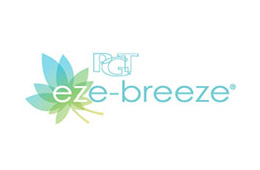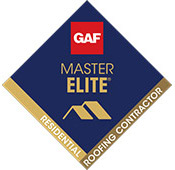When it comes to windows, an air leakage rating is just as important as the U-factor and solar heat gain coefficient ratings. So what is air leakage and why does it matter when looking at the energy efficiency of replacement windows? A wood window installation expert discusses the answer here.

What Is Air Leakage?
Also called air infiltration, air leakage refers to the amount of air that passes through cracks and openings in the window assembly. Too much air leakage can compromise indoor air quality and overall comfort inside the home. It can also increase cooling and heating costs.
ENERGY STAR® and the NRFC consider air leakage values less than 0.3 as energy efficient because very little air can leak through the window. Note that the rating determination must be done before the window is installed and that leakage ratings are based on 25 mph wind speed.
Why Does It Matter?
When air leaks through the windows, an average home spends up to 30% more on cooling and heating bills. Needless to say, finding the right replacement windows with air leakage ratings below 0.3 can help homeowners save a lot of money in the long term.
However, not all windows have air leakage ratings on display. There are instances where the NFRC will not recognize ratings below 0.1. This is because windows with very low air leakage ratings may not have notable differences in their performance to tell them apart. There are also times when it is the window companies that refuse to present their air leakage ratings. After all, they are not required to do so. As a buyer, you should watch out for windows with no ratings.
Homecraft® Inc. is a premier source of home improvement solutions, such as installing wood and vinyl windows. To learn more about our products and services, call (302) 798-0302 or complete our convenient online form. We serve homeowners in and around Bear and Wilmington, DE.










